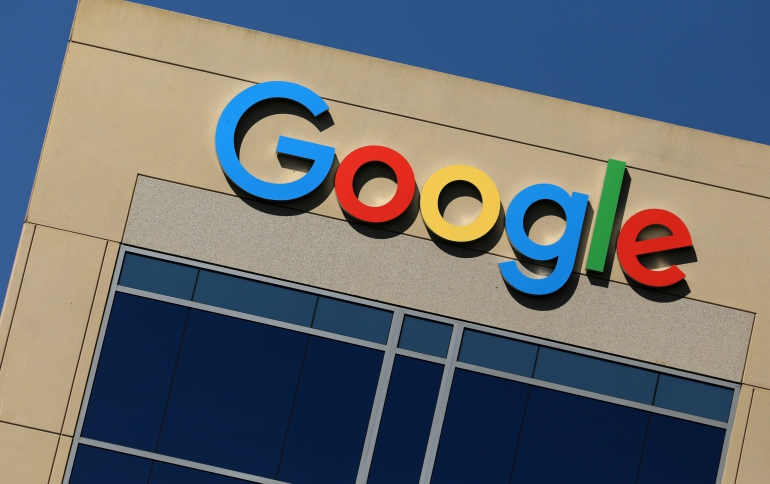
Court of Appeals Rejects Google's Move To Overturn Microsoft's Patent Royalty Victory
Google failed to overturn a jury verdict won by Microsoft in a dispute over royalties for patents used in Xbox and Windows. The U.S. Court of Appeals in San Francisco refused to set aside findings that Google breached contracts that required it to license standard patents at fair rates.
The dispute began in 2010 when Google's Motorola asked Microsoft to pay it royalties for the use of patents involved in WiFi and video compression. Motorola requested a 2.25-percent cut of Xbox sales.
Microsoft claimed the request was exorbitant and would amount to $4 billion a year. In a lawsuit, it accused Motorola of breaching its contracts with two standard-setting organizations. Under the contracts, Motorola was required to license its patents -- which had been included in industry standards -- at reasonable and non-discriminatory (RAND) terms.
Microsoft said the 2.25 percent figure was nothing more than an opening offer in what it assumed would be cross-patent negotiations.
The U.S. District Judge James Robart set what he concluded were reasonable rates for the Motorola patents. Then Robart conducted a jury trial on Microsoft’s complaint, in which jurors were presented with the judge’s RAND ruling. The jury found that Motorola had breached its contracts and awarded Microsoft $14.5 million in damages.
Backing Motorola are companies like Qualcomm and Nokia. They say RAND rates need to be high enough to ensure companies are willing to research the next generations of electronics.
Supporting Microsoft’s position are companies including Apple, Intel, Dell and other say patents on standard-essential technology should be based on the invention’s contribution to the specific component, not the value of the standard or the retail price of the product.
Refusal of 'right to be forgotten'
Seperately, Google is refusing to respect an order from the French privacy watchdog CNIL to scrub search results worldwide when users invoke their "right to be forgotten" online.
The French data protection authority in June ordered the search engine group to de-list on request search results appearing under a person's name from all its websites, including Google.com.
That stemmed from a ruling in May last year by the European Court of Justice that European residents can ask search engines to delete results that turn up under a search for their name when they are out of date, irrelevant or inflammatory.
Google complied with the ruling but has limited removals to its European websites, arguing that over 95 percent of searches made from Europe are done through local versions of Google.
Google on Thursday said it believed no one country should have the authority to control what content someone in a second country can access.
"As a matter of principle, therefore, we respectfully disagree with the CNIL’s assertion of global authority on this issue and we have asked the CNIL to withdraw its formal notice," wrote Peter Fleischer, Google's global privacy counsel.
The CNIL had said the company could face fines if it refused to comply with the order.
Google warned that applying the right to be forgotten globally would trigger a "race to the bottom" where "the Internet would only be as free as the world's least free place".




















